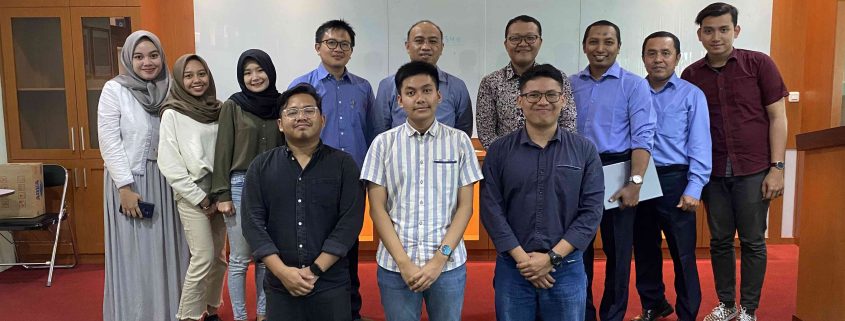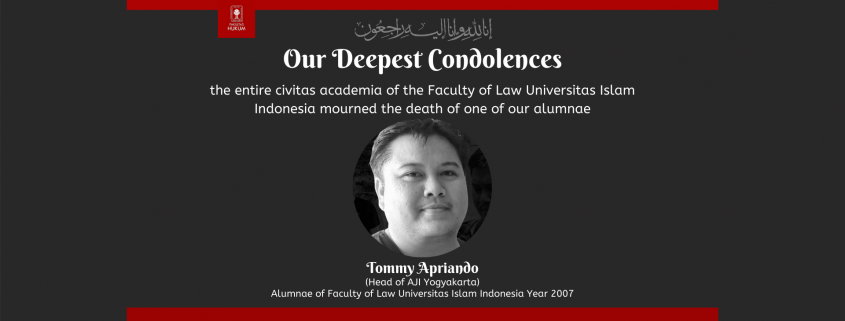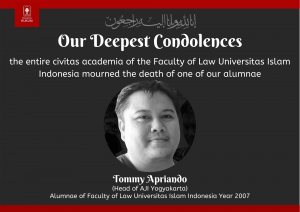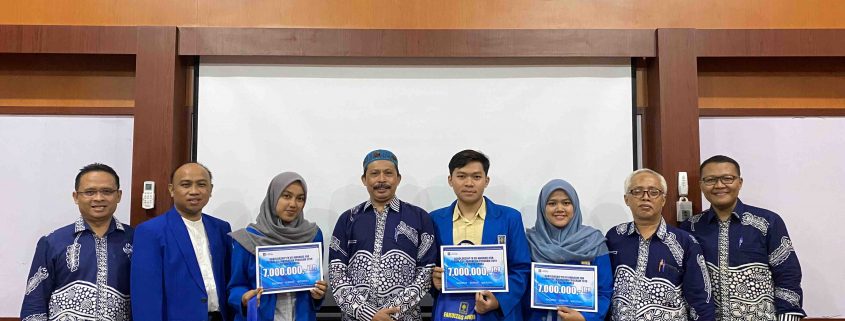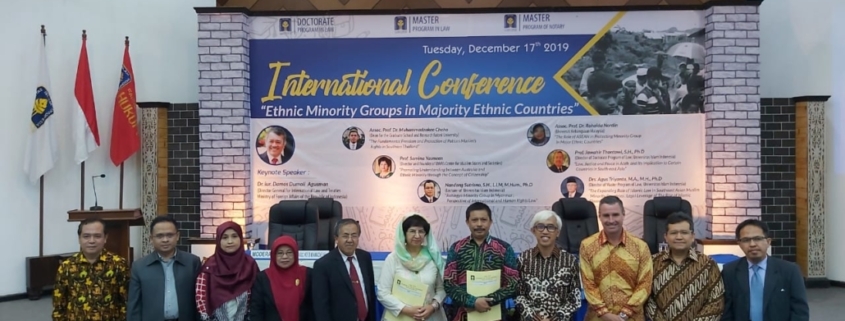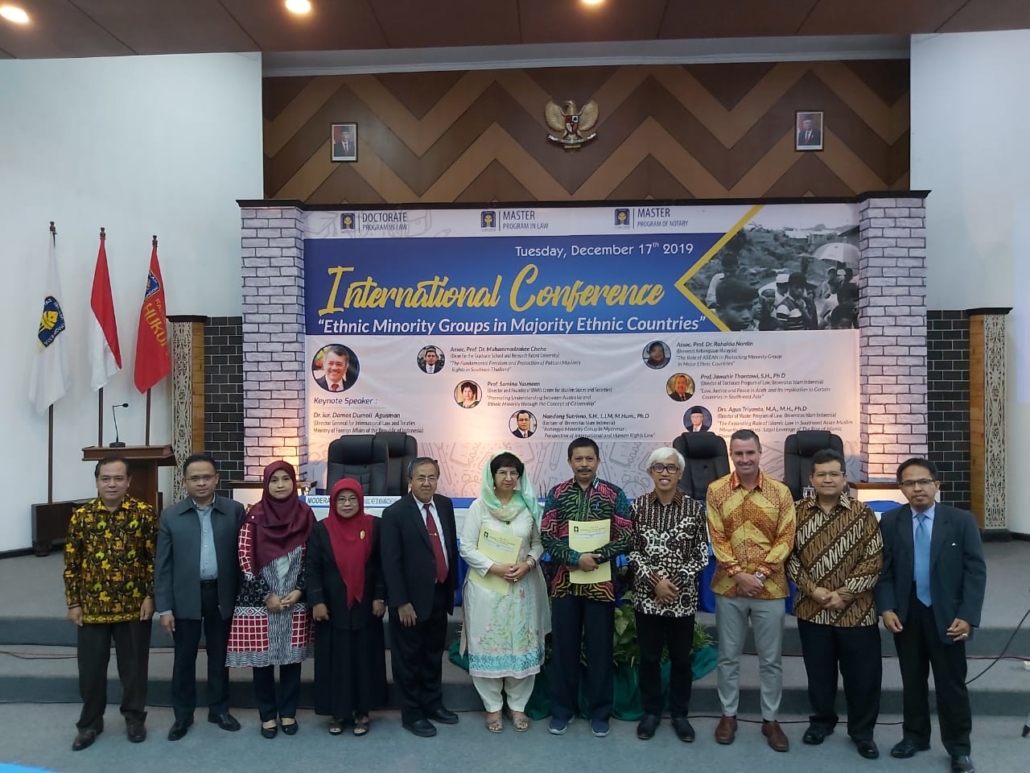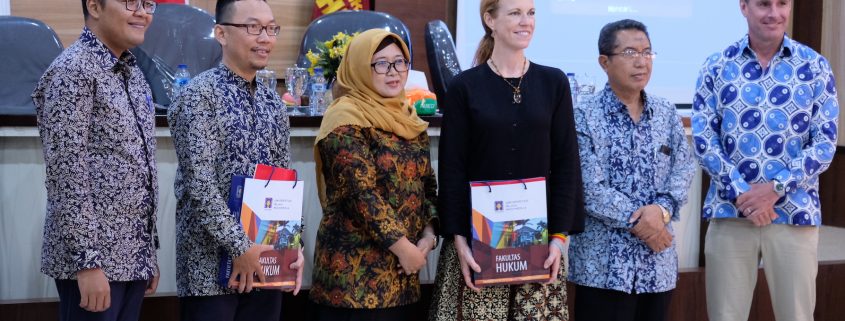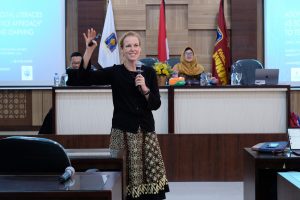Author: Dr. Idul Rishan, S.H., LL.M
Lecturer in Faculty of Law, Universitas Islam Indonesia, Departement of Constitutional Law
Suara keras Fraksi Partai Demokrat terhadap skandal Jiwasraya semakin tajam ke arah pembentukan Pansus hak angket. Intensitas tekanan itu menguat setelah perusahaan “pelat merah” tersebut diperkirakan mengalami kerugian fantastis lebih dari 10 Triliun. Upaya Demokrat menggulirkan hak angket Jiwasraya bisa jadi disebabkan oleh dua logika yang saling bertautan. Jikalau meletakkan ini dalam kerangka logika hukum, maka skandal Jiwasraya harus dibuka secara terang di hadapan publik. Penyelidikan itu semata-mata dilakukan untuk menilai apakah persoalan ini murni akibat urusan bisnis, ataukah akibat kelalaian pemerintah. Namun jikalau meletakannya dalam kerangka politik, bisa jadi ini bentuk perlawanan Demokrat terhadap rezim. Pasalnya, Jokowi sempat mengungkapkan bahwa kerusakan di perusahaan itu telah terjadi sejak satu dekade lalu. Spekulasi politik demikian tentu tidak bisa diabaikan. SBY tak mau kehilangan momentum untuk memperbaiki citranya. Terlepas dari spekulasi itu, hal mendasar yang perlu direspons ialah seberapa relevankah angket untuk mengupas skandal di Jiwasraya ?
Jika menyemai kembali fungsi pengawasan politik parlemen, hak angket merupakan konsekuensi logis untuk menormalkan keterpisahan relasi eksekutif-legislatif dalam sistem presidensial. Dalam praktik kenegaraan, hak angket tumbuh dan berkembang dalam tradisi politik yang mengagungkan pentingnya kontrol parlemen terhadap pemerintah. Parlemen hadir sebagai “watcher” atas segala kebijakan yang diambil dan sedang dilaksanakan pemerintah. Kebutuhan pengawasan melalui hak angket menjadi kian penting untuk menyelidiki kebijakan strategis pemerintah yang dinilai bertentangan dengan hukum positif dan berdampak secara luas. Dalam analisis Burke, ketika presiden kembali terpilih di periode kedua, pengawasan politik parlemen berada pada puncak ekskalasi. (John Burke:2009). Burke mengambil sampel pemerintahan di U.S. Data menunjukan, hasil penyelidikan parlemen di periode kedua pemerintahan kerap berujung pada pintu pemakzulan. Periode kedua kerap memunculkan banyak skandal, korupsi, dan melemahnya sektor ekonomi. Dalam tradisi perpolitikan U.S., para akademikus juga menyebutnya dengan istilah kutukan periode kedua “the second terms curse”.
Sekiranya cukup relevan dengan kondisi saat ini. Di awal periode kedua pemerintahan, Jokowi dihujam begitu banyak kritik dan skeptisme publik. Tak salah jika parlemen memainkan peran penting sebagai penyeimbang untuk melakukan penyelidikan atas kebijakan-kebijakan pemerintah yang berdampak secara luas. Namun cukup ironis. Berbicara hak angket DPR merupakan sesuatu yang sifatnya utopis. Peran DPR dalam melaksanakan fungsi pengawasan telah terdistorsi sejak awal. Budaya kepartaian yang buruk, menyebabkan partai politik di parlemen diikat bukan atas kesamaan preferensi kebijakan, melainkan melalui ikatan pragmatisme. Koalisi diikat melalui basis take and gift hanya untuk memaksimalkan kekuasaan “office seeking” (Burhanudin Muhtadi:2019). Di periode pertama pemerintahan Jokowi-JK, langkah untuk melakukan interpelasi dan angket kerap menuai kebuntuan. Sebut saja usulan pembentukan pansus terhadap kenaikan harga bahan bakar minyak, pengangkatan dan pemberhentian Arcandra Tahar sebagai Menteri Energi Sumber Daya Mineral, justru direduksi dengan kekuatan mayoritas pendukung pemerintah di DPR. Satu-satunya yang lolos pada tingkat Pansus ialah angket terhadap KPK. Begitu banyak energi yang telah terkuras namun hasilnya juga absurd.
Selain soal syarat formil yang tidak mudah, substansi angket cenderung gembos dan tak terpakai (useless). Angket akan kencang di awal namun lama kelamaan akan mengalami pembusukan. Jokowi telah mengunci sekuritas politik dengan koalisi gemuk di DPR. Hanya PKS dan PAN yang sejauh ini konsisten memainkan peran oposisi. Itupun hanya menguasai 16.4% suara di DPR. Sisanya Partai Demokrat yang memiliki persentase kursi sekitar 9.4%. Sementara 75% kursi dikuasai oleh partai koalisi pemerintah. Relasi Presiden dan DPR “blended” sehingga roda pengawasan politik cenderung tidak objektif bahkan macet. Sekalipun PKS, PAN, dan Demokrat berada pada poros oposisi, hasil angket akan digembosi pada tingkat paripurna. UU MD3 mensyaratkan keputusan politik hak angket terhadap Jiwasraya harus diambil lebih dari 1/2 jumlah anggota DPR dan keputusan diambil dengan persetujuan lebih dari 1/2 jumlah anggota DPR yang hadir.
Gagalnya usul interpelasi, angket, ataupun menyatakan pendapat DPR tentu tidak akan lepas dari peran lobi yang dilakukan pemerintah kepada parpol koalisi di DPR. Sikap partai yang cenderung akan membenarkan semua keinginan pemerintah, tidak lebih dari sebuah pilihan untuk tetap bertahan pada jalur kekuasaan. Gagalanya fungsi pengawasan melalui hak angket menjadi penanda bahwa koalisi kepartaian bisa mempermainkan dan menegasikan logika publik. Demokrasi membusuk. Persis seperti preskripsi yang dituliskan Chomsky. Cara instan untuk mengunci sekuritas politik ialah dengan cara membeli “mereka” (Noam Chomsky:2016). Peran dan objektivitas DPR sebagai sebagai pengawas melemah akibat tawaran jabatan, bantuan, imbalan, dan juga bisa jadi karena bisnis.
This article have been published in rubric Pendapat of TEMPO Newspaper, 10 February 2020.


